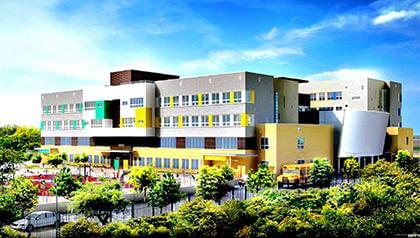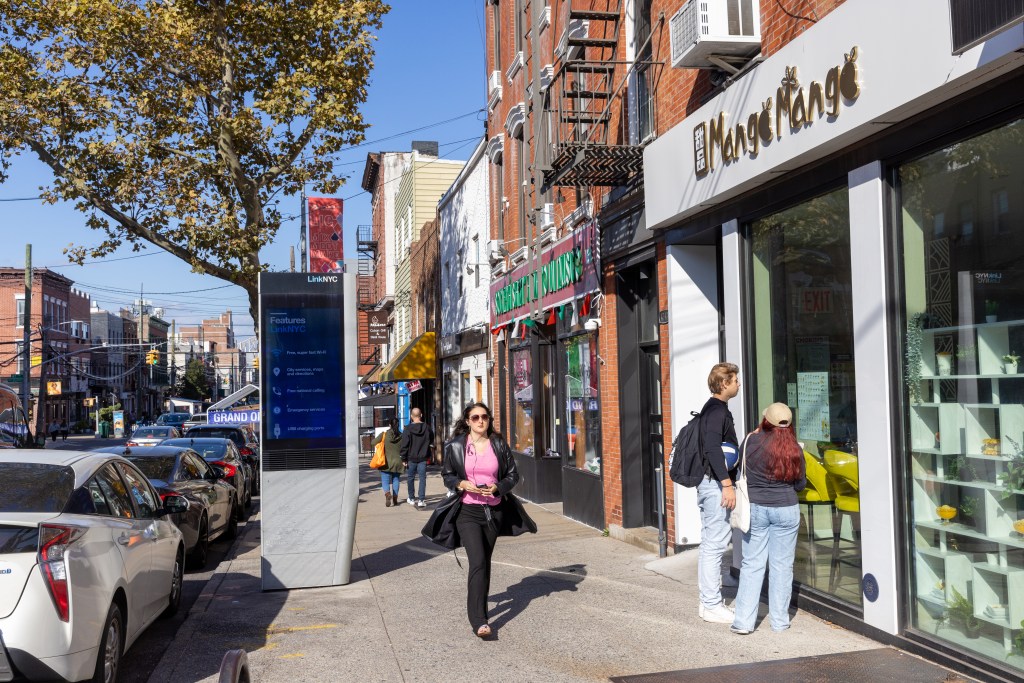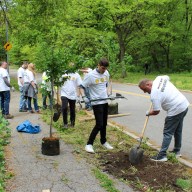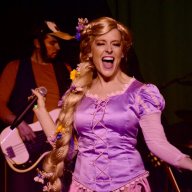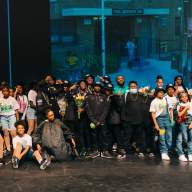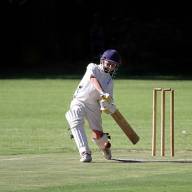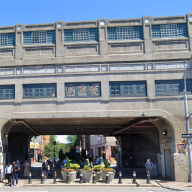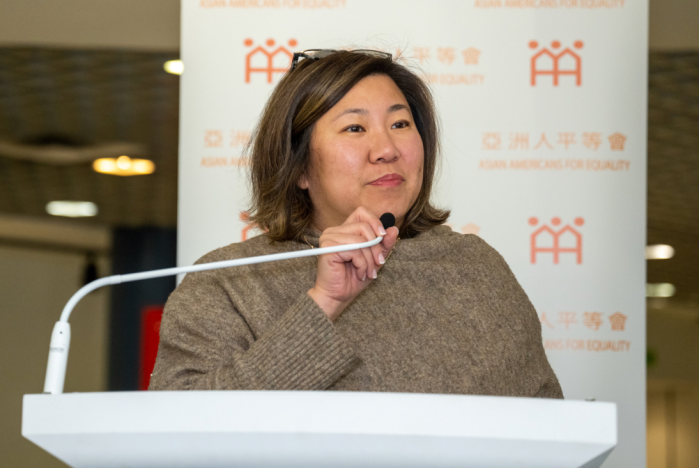By Anna Gustafson
The Metropolitan Expeditionary Learning School slated to open in Forest Hills this fall will be the first of its kind in Queens.
New York City Outward Bound, a nonprofit, announced last week it partnered with the city Department of Education to open the borough’s only “expeditionary learning” school that will offer students in grades 6 through 12 a curriculum focused on science and technology and a chance to routinely conduct fieldwork off campus.
The public school will be one of 10 city schools run by Outward Bound, which has about 165 schools in 29 states across the country.
“The school is all about making teaching and learning really active and engaging,” said Richard Stopol, president of New York City Outward Bound.
The school, one of two at the Metropolitan Avenue Campus, will take in 100 sixth-grade and 100 seventh-grade students for the 2010-11 school year. Eventually, the school will hold about 700 students and educate students in grades 6 through 12.
Pupils in District 28, which includes Forest Hills, Rego Park, Jamaica and South Ozone Park, will be eligible to attend the school and priority will be given to students whose families attended an open house.
Upcoming open houses will be held March 3 and 18 from 5 p.m. to 7 p.m. at the District 28 office at 90-27 Sutphin Blvd. in Jamaica. Another open house will be held March 20 from 11 a.m. to 1 p.m. at the same location.
“The District 28 community is one of the most diverse in the city in terms of ethnic and socioeconomic makeup,” said Damon McCord, who will co-direct the Forest Hills school. “When we heard there was this new 6-to-12 building being built on the Metropolitan Avenue Campus, we were excited.”
McCord and Patrick Finley, both assistant principals at the Bronx School for Law, Government and Justice, will co-direct the school, which like the other expeditionary schools, will emphasize sustainability.
“We have schools where they do community gardens,” Stopol said. “They’d eat the food they grow, or in some cases students will sell it in green markets in the city.”
The school’s calendar will be broken down into “expeditions,” each of which will last six to 10 weeks and focus around a theme, such as food, that will be discussed in all areas of the curriculum.
For example, if students are studying food, they may look at photosynthesis in their science course and write about the topic in their English class. As part of the expedition, students will conduct fieldwork off the Forest Hills campus and consult with experts on the topic.
“Students will look at compelling questions, such as is the East River safe for recreational use,” Finley said. “%u2026 The students will speak with park rangers and look at the biodiversity of the river. We think that when students do that kind of interactive learning, it really makes for lifelong learning.”
Each student in the school will be part of a “crew” of 12 to 15 students that will be led by an adult, which school officials said allows students to bond with both their peers and allows them to feel comfortable with an adult in the building.
The different approach to education in the expeditionary schools has benefited the students, Stopol said, and 90 percent of those who graduate go on to college.
Reach reporter Anna Gustafson by e-mail at agustafson@cnglocal.com or by phone at 718-260-4574.

